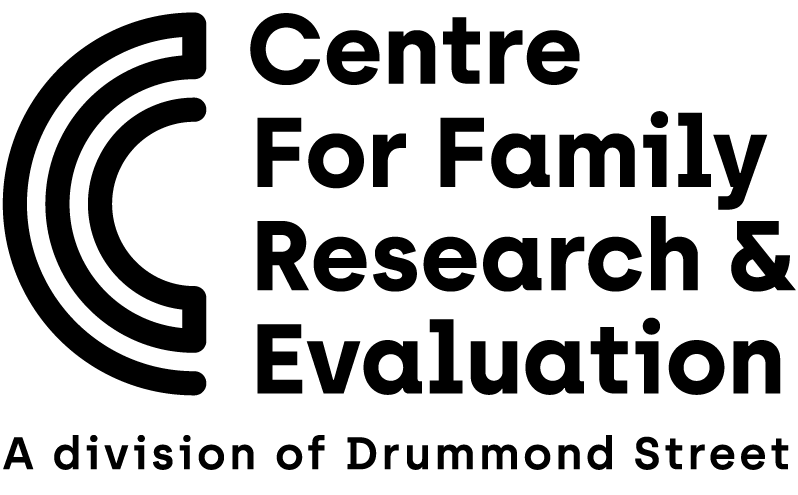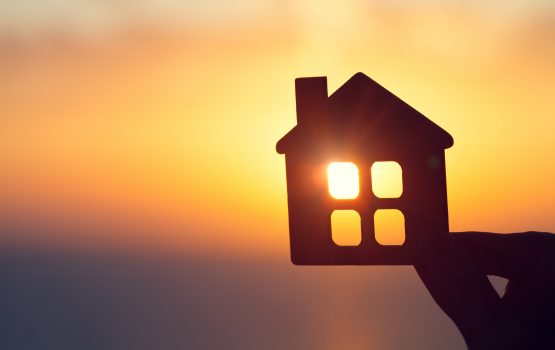
Prevention in the pandemic:
The coronavirus (COVID-19) pandemic is having a significant impact on people’s lives and wellbeing around the world. The pandemic has exacerbated health, social and economic inequalities and globally, rates of family violence have surged. For people who are LGBTIQ+ in Victoria, especially those who experience multiple forms of discrimination and health and wellbeing inequalities, COVID-19 has also exacerbated the drivers of family violence.
Responding to a gap in knowledge on the impact of disasters on marginalised communities, CFRE, in partnership with The Gender and Disaster Pod was funded by Respect Victoria to deliver this primary prevention research. The research, conducted between June and September 2020, comprised a desktop review, nine focus groups and ten interviews with 42 participants, including 29 LGBTIQ+ community members and 13 sector professionals with family violence and LGBTIQ+ expertise.
The research seeks to explore the ways in which disasters and emergency situations like COVID-19 affect LGBTIQ+ communities, and to assist in the development of family violence prevention policies, programs and resources. It is concerned with the ways the pandemic has impacted LGBTIQ+ people, with a focus on intimate, family, caring and domestic relationships.
Key findings:
The COVID-19 pandemic and its related restrictions has impacted the everyday lives of LGBTIQ+ people. This research found that the experiences of LGBTIQ+ people have been influenced by the intersection of personal, relational, community and structural factors. The result is multiple and compounding forms of discrimination experienced by LGBTIQ+ people, particularly for those who identify with other marginalised communities.
Why is this important for understanding family violence? Social inequality and discrimination provide the context in which LGBTIQ+ family violence exists. The pandemic has amplified existing inequalities like homophobia, transphobia, racism, ageism, ableism and gender inequality. This means dismantling the power imbalances that create these inequalities is critical to preventing LGBTIQ+ family violence.
To read the full report, please click here.

